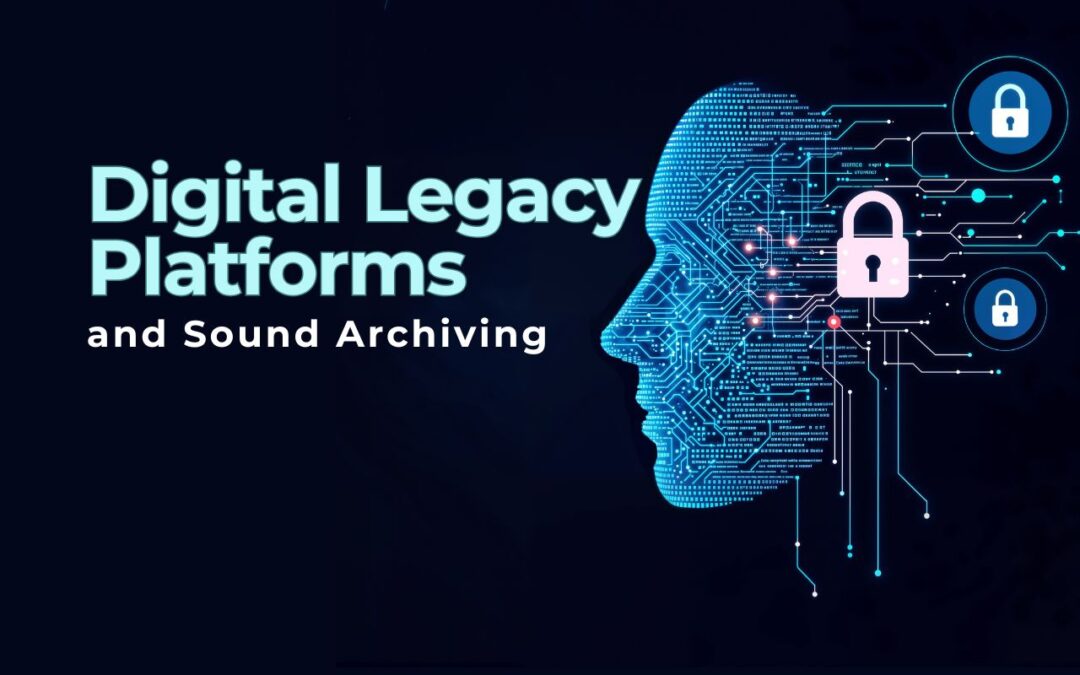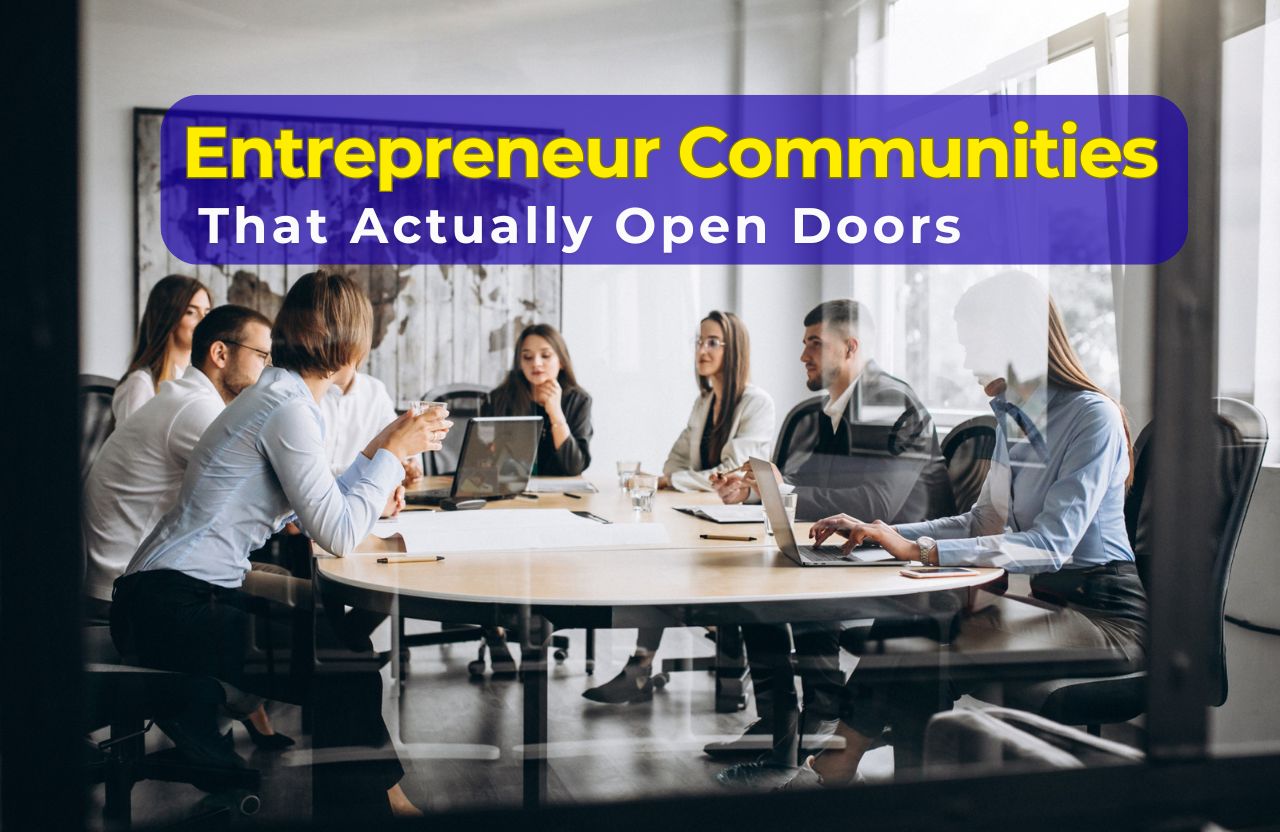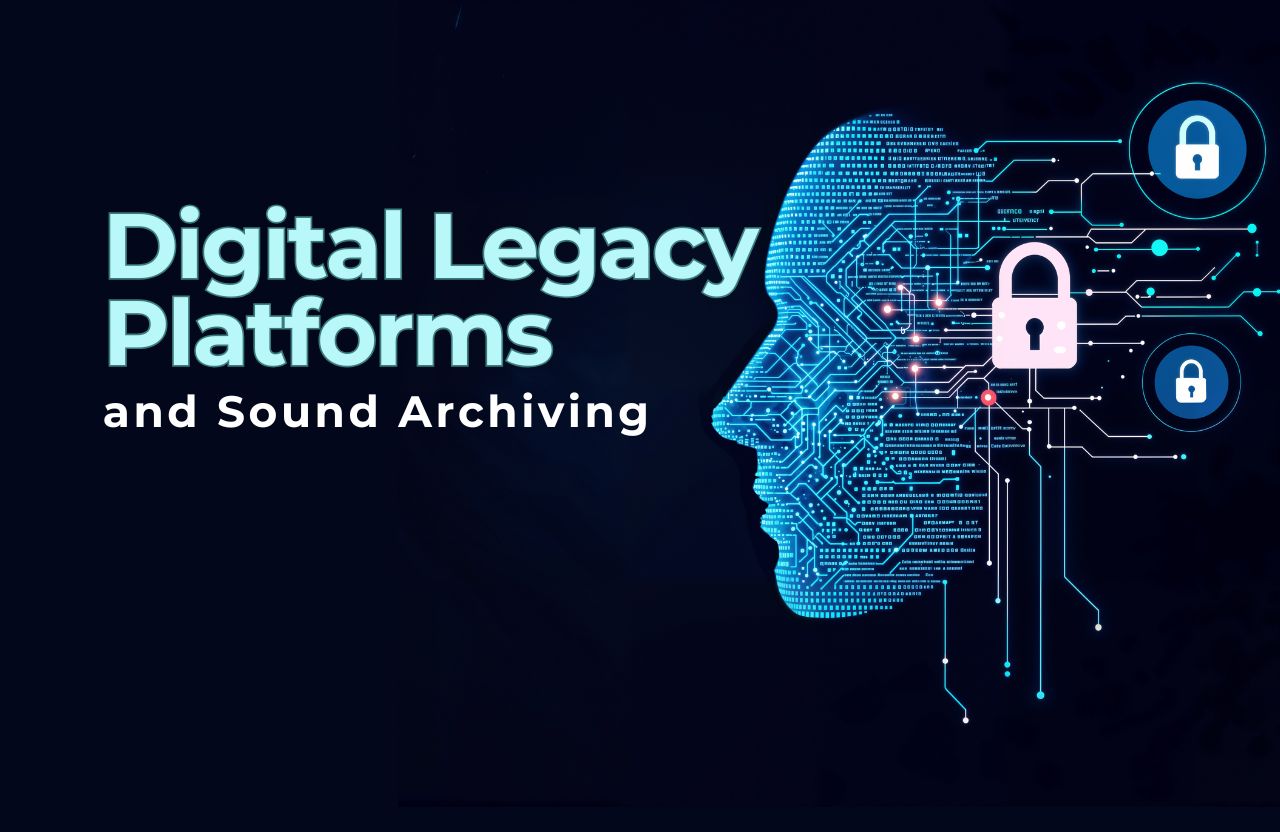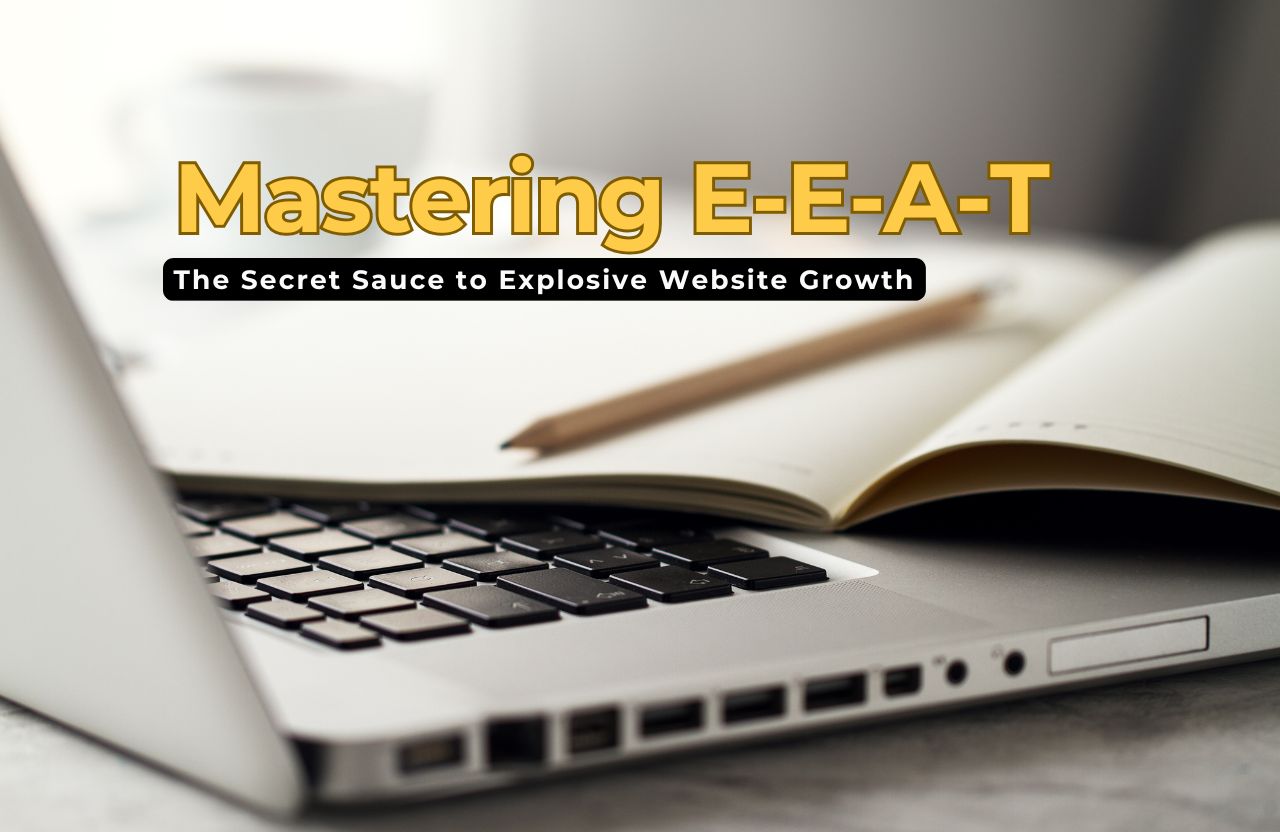We now live in a time where memories are no longer just transcribed; they are spoken (recorded and saved in a digital format). From voice notes to audio journals, it’s evident that people are using sound to record emotion and create a legacy. This cultural shift has led to an emerging, large, growing industry of digital legacy platforms and sound archiving tools. This growing category of platforms is not only for technology-minded people; it is also becoming an important medium for families, educators, archivists, and anyone wanting to preserve the human voice and the human story.
What Is a Digital Legacy Platform?
A digital legacy platform is a service or application that individuals or families can use to organize, store, and share important digital assets, particularly those with sentimental values, such as:
- Voice memos
- Audio diaries
- Video messages
- Written documents and digital wills
With a growing number of digital inheritance tools, people are beginning to think more tactically about how their memories and personal content will be passed on to future generations.
Why Sound Archiving Matters
Sound archiving is the practice of collecting and preserving audio records such as voice, music, and other audio data. As voice continues to become a richer medium of emotional storytelling, we see the market for and interest in audio archiving grow. The emotion produced through voice captures something you cannot express through text. The emotional epiphany of hearing a loved one’s voice years later can be very powerful.
Sound archiving is part of individual digital legacy now, and from projects to personal memoirs, recording sound is part of storytelling. Digital legacy services can now even allow you to archive voice recordings, catalogue, and add metadata, making it available to future generations.
Who Benefits From a Digital Legacy or Audio Archiving Solution?
- Families creating digital memory for future generations
- Creators preserving podcasts, interviews, or oral history projects
- Educators and archivists collecting cultural or historical recordings
- Individuals preparing for end-of-life planning
The audience is expanding
Recent spikes in the search terms, “how to archive voice recordings”, “preserving my personal digital legacy”, and “can I digitally preserve my audio legacy”, suggest that the public interest in this space is growing. Google Trends indicates that people from all walks of life are searching for dependable and trustworthy tools to manage their digital legacies.
Foundational Features That Make Digital Legacy Platforms Useful
When evaluating digital legacy solutions, the best platforms will include:
- Secure cloud storage for audio files and documents
- Support for audio metadata (for instance, PBCore or PREMIS standards)
- Dashboards for the user to organize and edit materials
- Privacy controls and permissions for sharing.
- Digital will or management of inheritance.
Sound Archiving in the Real World
- Oral History Projects – Sound archives assist organisations and museums in documenting and preserving regional dialects, personal experiences, or cultural stories that can often lie to rest unrecorded, creating historical value and preservation of the identity of those stories.
- Family Stories – Families can take advantage of digital legacy tools to document small (but meaningful) moments in their lives through audio archiving – from bedtime fables to lifelong lessons, a true legacy to future generations.
- Voice Legacy – There are now services with a focus on legacy/voicing that allow people to leave recorded messages for their loved ones to hear after they are gone.
- Audio Memoirs – aiding an aging parent or older grandparent to narrate their lived experiences in a manner that forms their living autobiography – a record of their history.
The range of use cases shows that it is becoming essential for services that can preserve audio recordings, online, in a reliable way, in both private and professional sectors.
Best Digital Legacy Services 2025: What to look for:
Some of the features that some of the best digital legacy services are going to be offering in 2025 include:
- Mobile-first: Accessing from anywhere, including capturing a voice using a mobile device.
- A.I.-powered transcription: Transcribing to create search and retrieval functions.
- Interactive timelines: Mapping memories to real experiences into spaces and places.
- Backup securely: Safely preserve audio as time passes.
Most services also provide sound metadata best practices so your audio recordings are accessible for retrieval and playback long after you are gone.
Ethical Issues and Trust
Trust may be cited as an issue with any data there after to is gathered from a person’s record of existence, especially when the content includes end-of-life concerns. So it is super important to remind that all of these tools:
- Provide a full disclosure
- Set limits on who can see and or hear what
- Honor the dignity being preserved through the voices and stories.
If you are using a platform to create a digital legacy for families, make sure the platform has the necessary design to respectfully engage and accommodate sensitive content.
Tools to Digitize Audio
As many will be digitizing audio as part of the process, users may consider audio digitization tools. These tools will help you transition varying analog recordings (example: cassette tapes) to digital formats. Paired with archival audio storage, these digitized files can then live securely in the cloud or in offline archives. Typical tools include:
- Audio editors to clean up the sound
- File converters to ensure compatibility
- Batch processing capabilities for larger collections
Digital Heritage and Oral History
There is a growing confluence between creating digital legacies and the larger digital heritage sector. Oral history archiving/documenting is considered a fundamental part of cultural preservation practice by persons and organizations alike. “Unlocking Our Sound Heritage” and similar projects have shown the benefits of using web archiving tools combined with audio to create accessible and sustainable archives.
Conclusions:
The shift to voice after death, archiving spoken memories online, and developing a digital memory platform is a movement, not a trend. The more that individuals understand the value of preserving life stories, emotions, and family histories using sound, the wider the scope there will always be for sound archiving/digital legacy platforms.
You might be a techy, entrepreneur, parent, or historian; find ways to extend your voice and story today. There has never been a better time than now to begin your digital legacy, especially in relation to memories.













